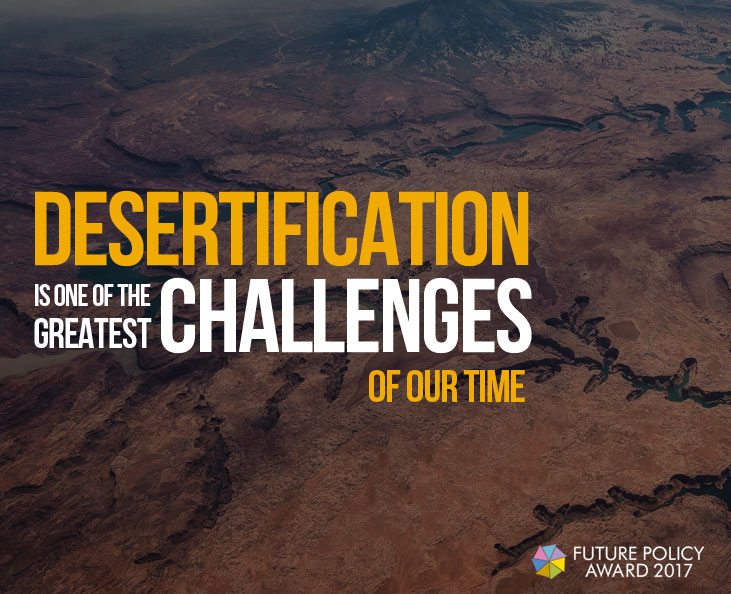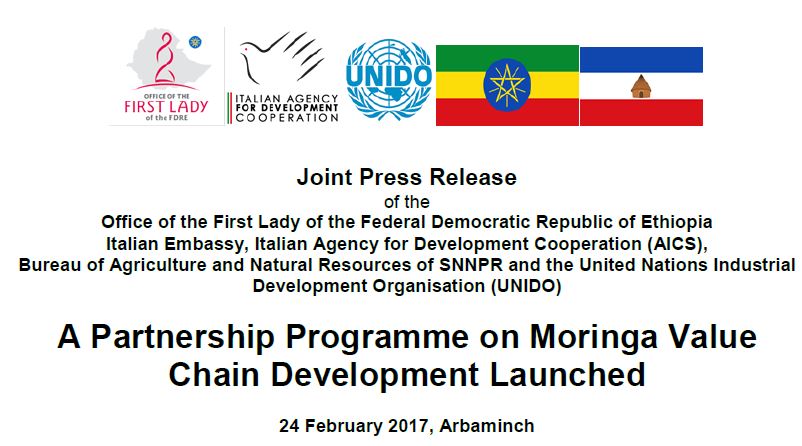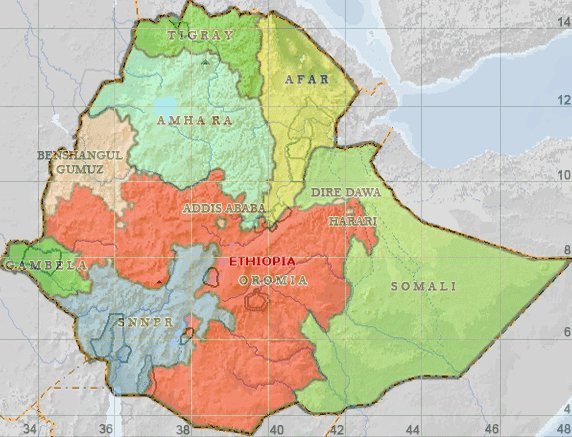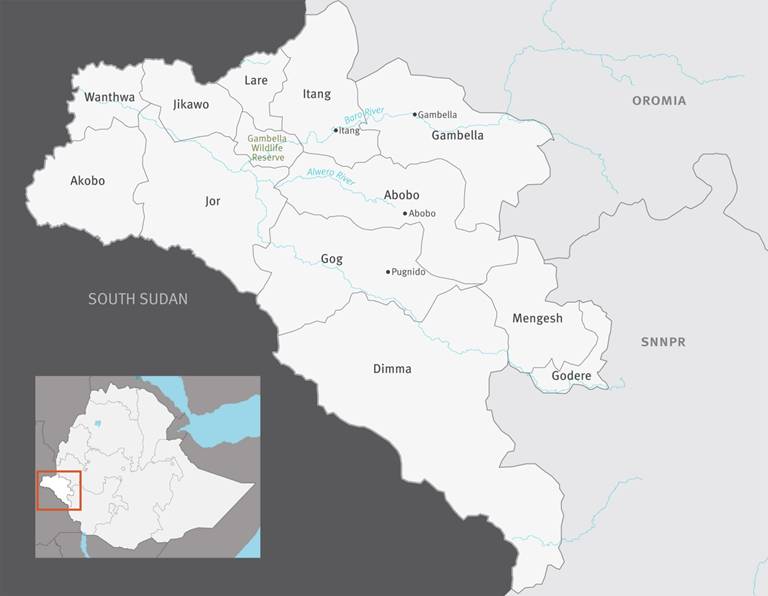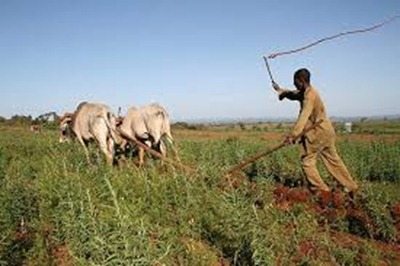(Ranjitha Puskur)
Today, agriculture is still considered a man’s world despite the 602 million women across the globe who are smallholder farmers and landless workers.
Even that figure is far from the truth: Women produce between 60 and 80 per cent of the food in most developing countries and are responsible for half of the world’s food production.
So imagine a world where women do not farm — would we go hungry?
One in eight people in the world are estimated to be suffering from chronic hunger, meaning they are not getting enough food to live an active life. It is predicted that food prices will increase by a staggering 70 to 90 percent by 2030. And as poverty persists throughout much of the world, this could significantly increase the number of hungry and vulnerable people. Women are a key player in addressing this looming challenge.
While women are active in all agricultural sectors much of their work is unpaid and unrecognized, and they struggle to access the assets and resources that could help improve the yields of their farms. A lack of ownership and control over resources, inheritance laws and practices that exclude women, land reforms and, social and cultural traditions and beliefs have contributed to this situation.
The International Labor Organization estimates that across the globe almost half of women’s productive potential is underutilized, and evidence shows that increasing women’s access to productive resources can lead to increases in food production and feed an additional 100-150 million people.
Yet in the 97 countries assessed by the U.N. Food and Agriculture Organization, female farmers only received 5 percent of all agricultural extension services. They also have less access to formal support networks and organizations such as cooperatives. This places women farmers at a disadvantage and limits their ability to invest in advanced technologies and other improvements that could help them increase their productivity and incomes.
The factors constraining women are deep-rooted, and despite decades of efforts to empower women in the agricultural sector they have been offered limited opportunities for personal development and, to both understand and challenge inequalities.
As researchers and development practitioners we need to approach this challenge holistically by addressing a range of economic, political, social and cultural issues. It demands radical breakthroughs in paradigms, beliefs and behavior at various levels, including within our own organizational cultures and skills sets. It also requires establishing new partnerships between organizations working on health, education and media to exploit synergies to transform the lives of women in agriculture.
The Millennium Development goals failed to address the structural causes of gender inequality including addressing issues such as violence against women, unpaid work, limited control over assets and property, and unequal participation in private and public decision-making, thus missing opportunities to fully address gender-based discrimination.For gender relations to be transformed, the structures that underpin them have to change.
New approaches are emerging to transform gender inequalities in the agriculture sector. As part of the CGIAR Research Program on Aquatic Agricultural Systems, a gender-transformative strategy is being translated into action. This approach pushes both the levers of economic empowerment and changes in social and gender norms. It is redressing gender disparities in resources, markets and technologies with complementary actions to address underlying social norms and power relations.
By their very nature, social norms are perpetuated by the entire community, yet past projects have left out men and boys in their efforts to promote gender equality in the agriculture sector and have left the burden of empowering women to themselves. In order to truly change the way women are treated, the program is seeking to make men and boys equal partners in this effort to tackle deep-rooted social norms.
This is a tough challenge and past efforts have not been successful. We must commit to intensifying our efforts to address the persistent challenge of gender inequity. Let us not just address the symptoms of inequalities, but let us attack the root causes, so we eradicate inequalities once and for all. Let us promote a food secure future and ensure women benefit equally.
*******
*Originally published on Devex, on March 11, 2014, titled “Without women, the world would go hungry”, authored by Ranjitha Puskur.
